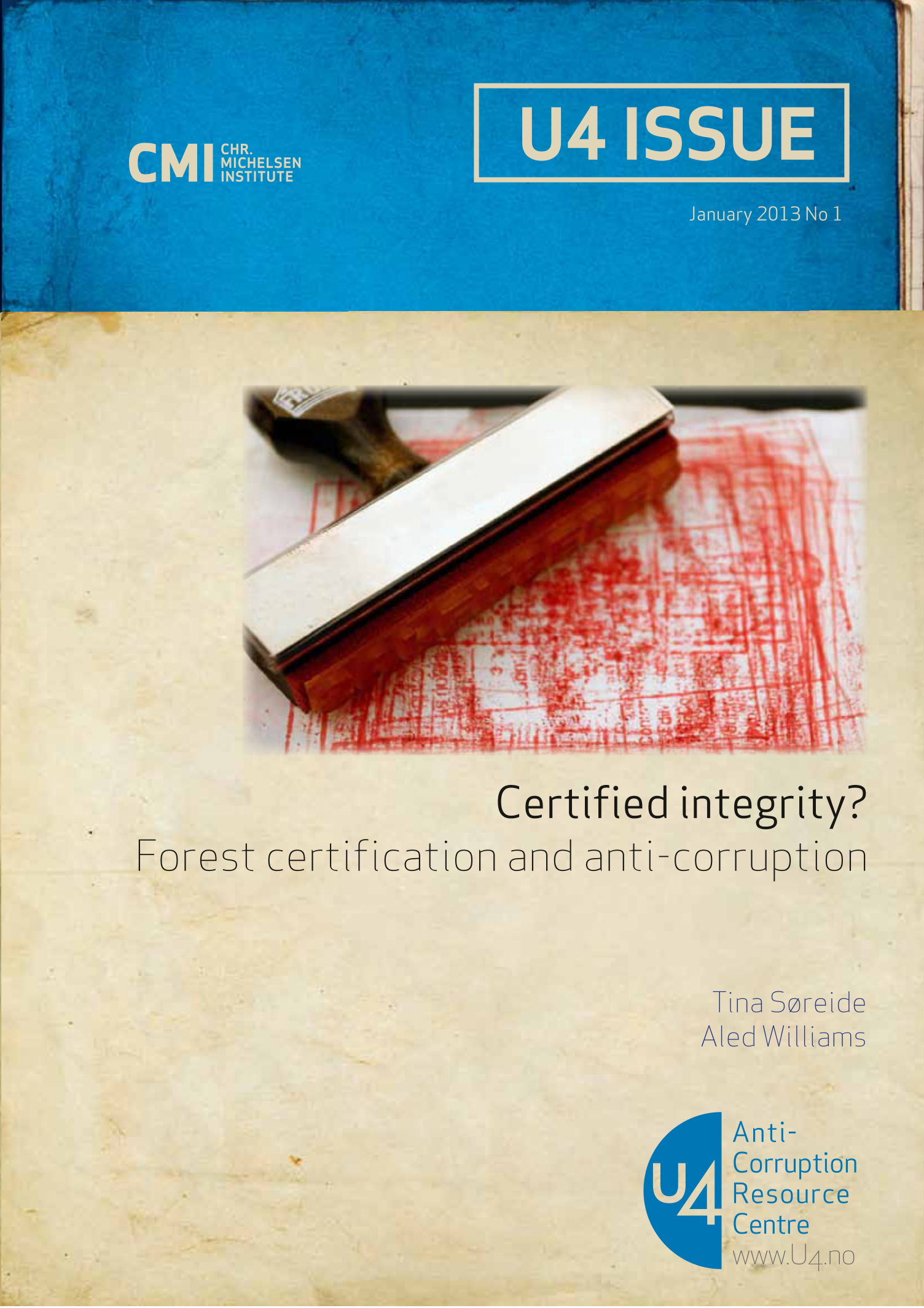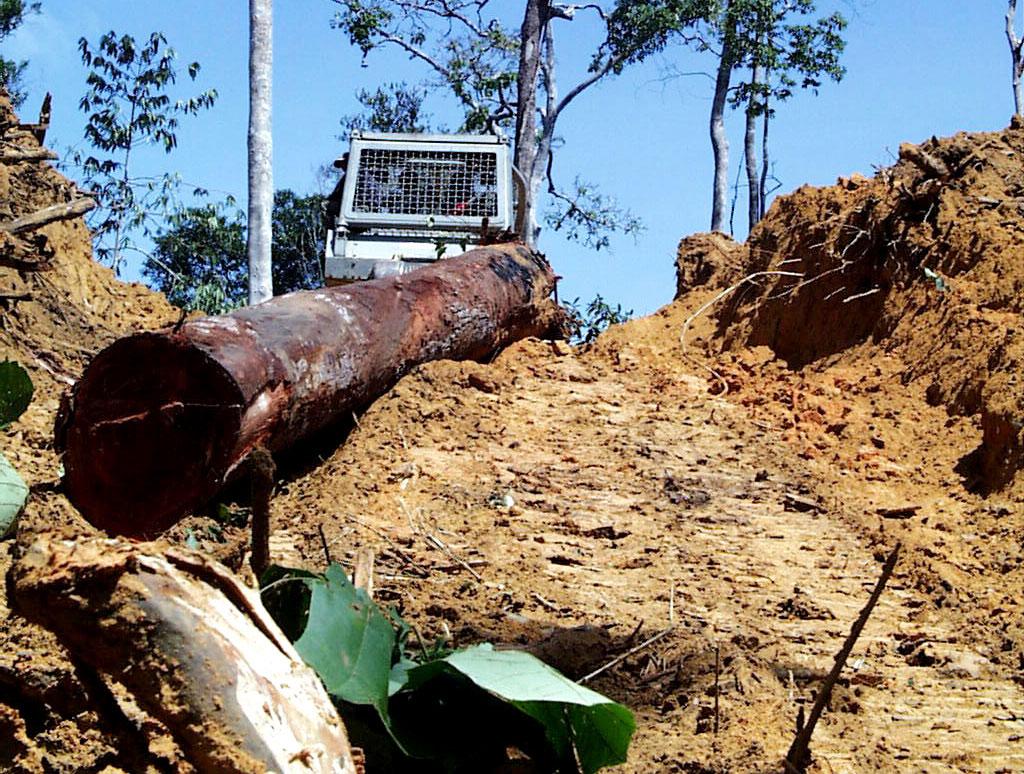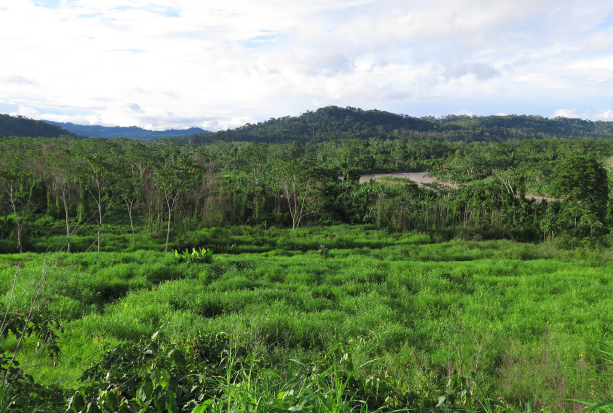U4 Issue
Certified integrity? Forest certification and anti-corruption
Forest certification schemes regulate forest exploitation and trade across many countries. In the absence of a multilateral agreement on limiting deforestation, they provide rules to balance the social, economic and ecological values of forest resources. Expansion of these schemes into tropical countries that display poor governance and high levels of corruption has raised questions about these schemes’ performance in such contexts. Referring to the case of the Forest Stewardship Council – a global forestry certification system – the authors looked at whether forest certification schemes can address corruption issues. While forest certification schemes are not primarily geared towards detecting and preventing corruption, they may have some anti-corruption effects in countries where corruption is sporadic but not systemic. This is due to their role in documenting forest management practices and applying third-party monitoring.

Cite this publication
Søreide, T.; Williams, A.; (2013) Certified integrity? Forest certification and anti-corruption. Bergen: U4 Anti-Corruption Resource Centre, Chr. Michelsen Institute (U4 Issue null)
Disclaimer
All views in this text are the author(s)’, and may differ from the U4 partner agencies’ policies.
This work is licenced under a Creative Commons Attribution-NonCommercial-NoDerivatives 4.0 International licence (CC BY-NC-ND 4.0)


